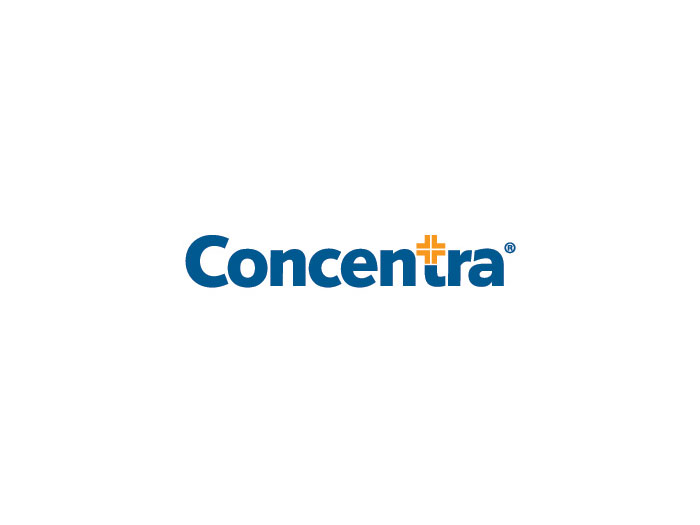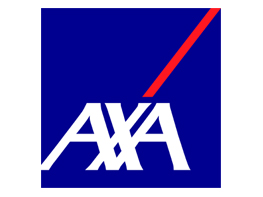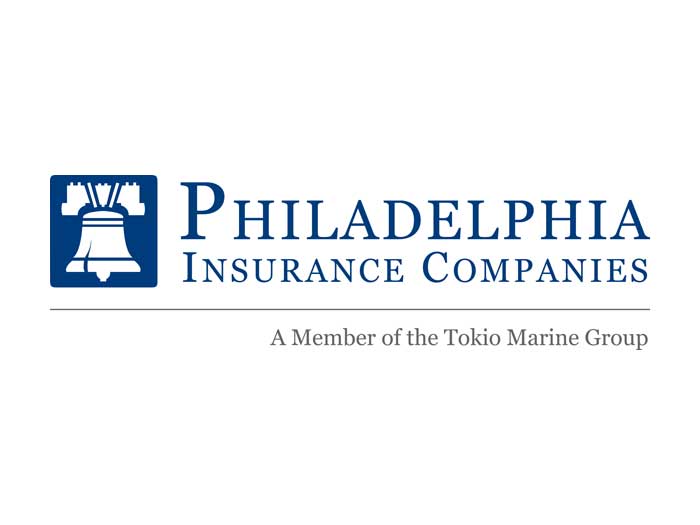Meet Courtney Davis Curtis, RIMS’ Risk Manager of the Year

R&I: What was your first job?
My first professional job was as a broker at Gallagher. I interned at the organization in the summer between my junior and senior year [of college] and received an offer shortly after. And a month after graduating, I started in the education practice there as a broker and producer on the education book of business.
R&I: How did you come to your current position?
I’ve been a lifer, if you will, in the insurance and risk business, with a dedication in the education space. After my role at Gallagher, I became a placement specialist at Marsh, and throughout this entire time, I built a network of brokers, insurers and certainly clients in the higher ed and K-12 space, including the University of Chicago.
I’d been great friends with Luke Figora for a number of years, and he was leaving the institution and he said, “You know what? You should apply for this position.” And I’ve built a relationship through the University Risk Management and Insurance Association, which I currently sit as president for right now. So, I took a leap of faith and took that opportunity and now I’ve been here for seven years.
R&I: What’s been the biggest change in the industry since you’ve been in it?
Well, there’s really many things. I think we’ve had a number of events that have happened that have really changed the approach to how we insure different risks. Some fairly significant events really caused a knee-jerk reaction, if you will, from insurers and felt it in an increase of underwriting scrutiny that we have to respond to. It changes coverage, and it really changes how we address and mitigate risk on campus.
So, whether you’re talking about Title IX, sexual abuse, traumatic brain injury, now you add a pandemic to it and now even what’s happened with cyber — these are some major events that have happened and some of these are really perforating in the last few years that we’re constantly changing things in this kind of circular continuum.
That’s made things dynamic, but then that also would say the immediacy of information and the use of social media has inflated costs for claims but it also has increased the speed of information flow, whether that’s good or bad, so that’s an interesting dynamic.
R&I: What’s the biggest challenge you’ve faced in your career?
I don’t want to make a conversation all about COVID, but that was certainly an incident or scenario. When you have this once in a 100-year type of event, there’s no guide or path. We share information as risk managers, but there was just no right or wrong way to go about things, so that created challenges in itself.
What’s really creating challenges is how we rely on insurance and making business decisions about the cost and value of maintaining insurance versus the cost of that potential risk. And you’re constantly having this conversation and trying to figure out the right balance of things, and it’s difficult.
Not everyone understands insurance or risk management when you’re making these significant decisions that have long-term implications and involve many people. I come from a resource-rich institution, and I can’t imagine what some others may be dealing with in times like this when there’s always competing interests.
R&I: You were recognized as risk manager of the year by RIMS. Could you tell us a bit about your risk management philosophy, which was highlighted in your recognition?
I really have two, but one I think is really special. I’ll start with the one that is key for everyone to keep in mind: Everyone’s a risk manager. Even if you don’t have risk management responsibilities at your institutions, there are things we do in our professional and personal lives that we’re making a decision to do or not to do something – that’s risk management. Whether you use that systematic approach to it or not.
But the philosophy I preach to my team, and it’s really helped to guide and direct and inform how we approach risk management, is that we should be the office of know, K-N-O-W, and not to the office of no.
It’s our job and responsibility to try to help our campus partners get to the yes that will support the research and academic and medical mission of the institution, the department or unit, and as much as we can, we have to figure out a way to facilitate that and take the right risk mitigation activity to minimize the impact or likelihood that a risk should occur.
R&I: Who has been your mentor(s) and why?
There are so many people that I go to for different things, whether it’s formalized or not. I love doing it that way, because it provides an army of people behind me and it’s not always someone who’s more senior to me or more experienced.
Sometimes it comes even from my own team and staff or others that I work with. That always offers a diversity of thought and perspective as I make different decisions or face different challenges. And I think that it’s important to have people with different backgrounds and expertise in the industry to make the most informed decisions. And then, my family’s always a backbone to anything.
R&I: What is the risk management community doing right?
You know, it’s in my title, but I really do think it is incumbent of all risk managers that we’re resilient. We are nimble and flexible enough to address a changing environment and not only try to quickly respond when we need to be reactive but also try to take proactive measures as well.
It’s not always the glamorous things that we do, but we do it with a lot of gusto, and I think as a community, we do some really amazing things and can take a holistic approach and lens to any situation and have a lot of value to add.
R&I: What could the risk management community be doing a better job of?
Well, I think the risk management and insurance industry could do more to make sure that we are considerate of the next generation of talent and finding ways to foster opportunities to get them interested in this field, to see the opportunity that’s here.
And then, importantly, also keeping diversity, equity and inclusion in mind, too, so that the world we work and live in is reflected in our industry. That’s going to be critically important as we’ve got this talent gap of 400,000 roles that are going to have to be filled in the next few years given some of the retirements that we anticipate in the industry.
R&I: How would you say technology has impacted the risk management profession?
It creates risk in a lot of different perspectives if you’re talking about the cyber privacy and IT perspective, and it also has helped us in how we facilitate our insurance renewal processes.
Hopefully in time, we’ll have a more streamlined and sophisticated approach to our data gathering processes to have historical information and knowledge to go back on to identify trends and patterns and things of that nature. It’s a little bit of technology, but it’s just a little bit of data mining, too.
Everyone will tell you that the insurance and risk management industry is a relationship business, and this is one thing that I think we got to pick up the phone a little bit more and try to connect in person and some of these things will be interesting over time with coming out of a pandemic to see how we continue to build relationships across the world in that regard.
R&I: Higher education was deeply affected by COVID. What other risks are impacting the space over the next few years?
I think there will be challenges to the overall business model of higher education that could really impact our operations.
As you see from things like inflation or the unrest globally and things of that nature, and the more entrepreneurial mind and spirit of the younger generations, the question becomes what is the value proposition of higher ed and what does that mean for institutions?
We have fewer students coming in the pipeline, from a business model and operational perspective, something that all institutions will be impacted by. People don’t always realize that tuition doesn’t cover all the expenses. So, I certainly think that’s, just from a foundational perspective, something of concern.
I think we’re entering into a stage where some of the risks that we’ve traditionally been able to insure, that insurance may not be an option or viable and that’s when that risk mitigation really becomes key. We also need to be exploring alternative risk financing solutions and new products. This is similar to how kidnap and ransom, fiduciary coverage or cyber coverage were created.
R&I: What’s your favorite book or movie?
Favorite movie would have to be Sister Act 2. It’s probably one of the only movies I could recite back and forth and sing about every song on it and just warms my heart to watch it.
R&I: What is your favorite drink?
Champagne. Anything with bubbles. That’s after water of course, but when in doubt, champagne will make me happy.
R&I: What have you accomplished that you are proudest of?
Naturally, the RIMS Risk Manager of the Year 2022 award was a significant achievement. I’ve been fortunate to receive other awards, but to be the only recipient was really special. It’s something I’m very proud of. I represent many communities and hopefully that becomes an inspiration to others.
Even closer to home, I think it was an achievement that I shared with my institution and my colleagues and my team, because we’ve accomplished a lot. I hope that they share in that with me because it wouldn’t have been possible without them.
R&I: What is the riskiest activity you’ve ever engaged in?
It has to be a vacation excursion — parasailing, riding my bike down a mountain in Hawaii. It doesn’t really get much riskier than some of those things, especially if I have to sign a waiver for it, so I would say that, but perhaps for like a span of time, I did run a marathon so between training for the marathon and running it takes a toll on your body. &










